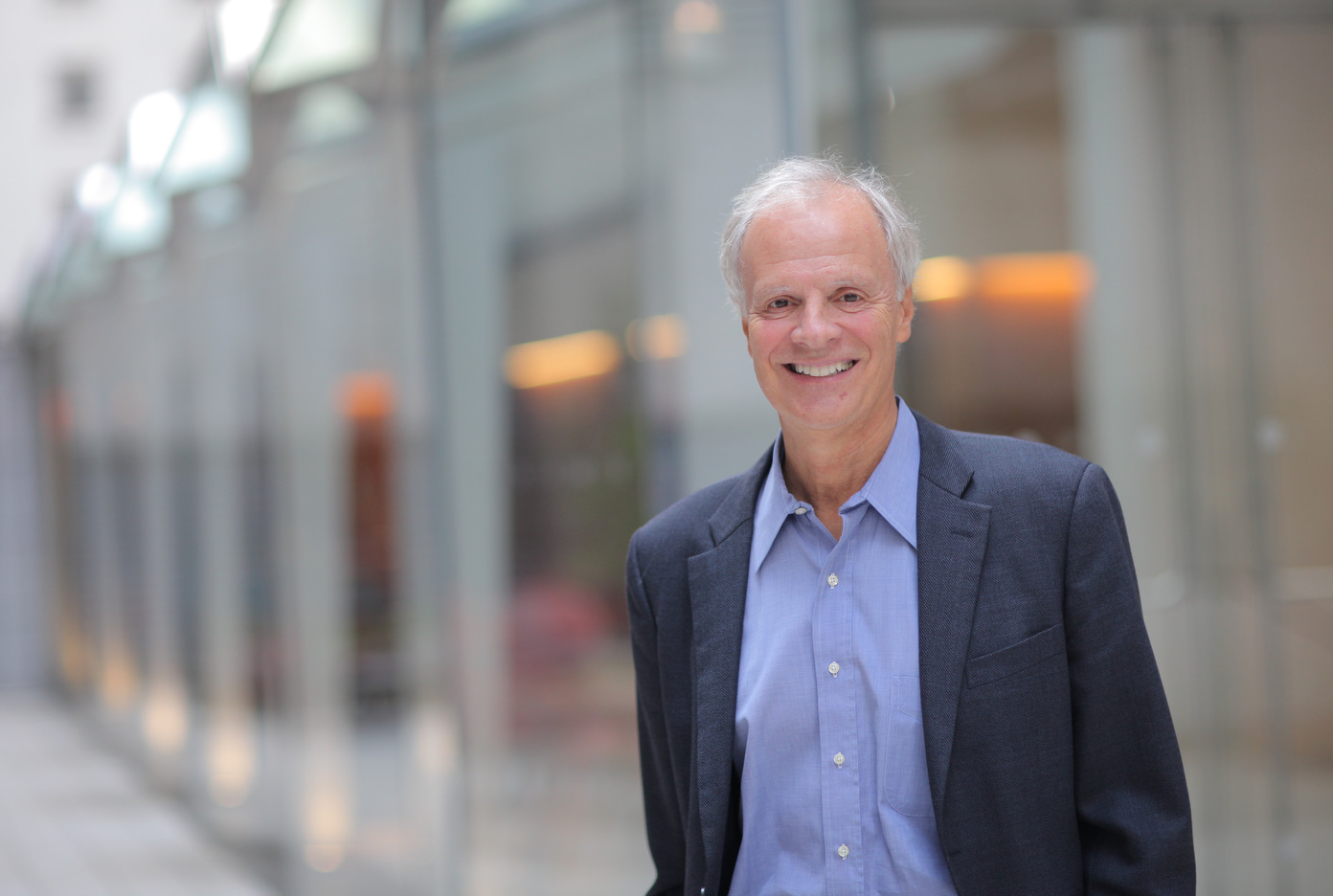Weill Cornell Researchers Uncover Value of "Invisible Work" of Primary Care Physicians
NEW YORK (Nov. 4, 2010) — Patient care coordination performed outside of office visits takes a considerable amount of a physician's time, but physicians perceive that it might cut down on a substantial number of unnecessary visits to the doctor's office and emergency room, say researchers at Weill Cornell Medical College, who conducted a small but unique study that looked at how primary care physicians spend time during their workday.
Still, while the extra work performed outside of office visits may save money for both patients and the health care system, physicians are generally not reimbursed for their efforts in the current fee-for-service payment system, the researchers recently reported in the Journal of General Internal Medicine.
They should be, says the study's lead investigator, Dr. Melinda Chen. "This kind of work is extremely valuable in potentially substituting for office visits. Changing payment incentives to support care coordination outside of office visits might reduce unnecessary visits and costs," says Dr. Chen, a recent graduate of the Agency for Healthcare Research and Quality (AHRQ) fellowship in the Division of Clinical Epidemiology and Evaluative Sciences Research in the Department of Medicine at Weill Cornell Medical College.
"This study confirms what good primary care physicians know. They spend a great deal of time doing things for patients outside of office visits," says the study's senior investigator, Dr. Lawrence Casalino, chief of the Division of Outcomes and Effectiveness Research in the Department of Public Health at Weill Cornell Medical College.
"Unfortunately, primary care physicians are paid only for seeing patients face-to-face, so they have no financial incentive to spend time outside office visits helping patients," he says.
The researchers say theirs is the first direct observational study they are aware of that evaluates the value of the patient care that primary care general internists provide outside of office visits.
They observed 33 primary care general internists in 20 different practices in the New York metropolitan area during a full workday. They found that, on average, physicians spent 20 percent of their office time (1.6 hours per day) in patient care activities outside of visits that typically are not reimbursed by payers. These activities included phone or e-mail communication with patients who did not have appointments, filling out charts, following up on diagnostic studies and arranging complex patient care plans with specialists.
The physicians perceived that these activities saved five potential visits per day to the doctor's office or ER. Each activity was performed in a quarter of the time that a face-to-face office visit took, thus saving time and expense.
The doctors also thought that only 15 percent of the unreimbursed work they did could be performed by non-physician support staff.
"While extremely valuable, these activities are time-consuming and frantically squeezed in between office visits in a system that assumes but rarely accounts for this often invisible care coordination," Dr. Chen says.
She says that several new reimbursement systems are now being discussed that could compensate physicians for this work, including monthly care coordination payments and pay-for-performance. Additionally, in the proposed "patient-centered medical home," non-physician staff could assist with chart reviews and other work normally undertaken by physicians. "It might be possible to incorporate elements of all of these approaches to get the best of each different strategy," Dr. Chen says.
Reimbursement to physicians for the invisible work they do on behalf of patients may help forestall steadily increasing attrition and shortages in primary care, and primary care is a cornerstone of health care in the U.S., she says.
Dr. Chen was funded by a grant from the Agency for Healthcare Research and Quality during the time in which this work was conducted.
Other authors of the study are Weill Cornell Medical College researchers Dr. James Hollenberg and Janey Peterson, Ed.D., R.N., and Dr. Walid Michelen, of the Generations +/Northern Manhattan Health Network.
Weill Cornell Medical College
Weill Cornell Medical College, Cornell University's medical school located in New York City, is committed to excellence in research, teaching, patient care and the advancement of the art and science of medicine, locally, nationally and globally. Physicians and scientists of Weill Cornell Medical College are engaged in cutting-edge research from bench to bedside, aimed at unlocking mysteries of the human body in health and sickness and toward developing new treatments and prevention strategies. In its commitment to global health and education, Weill Cornell has a strong presence in places such as Qatar, Tanzania, Haiti, Brazil, Austria and Turkey. Through the historic Weill Cornell Medical College in Qatar, Cornell University is the first in the U.S. to offer a M.D. degree overseas. Weill Cornell is the birthplace of many medical advances — including the development of the Pap test for cervical cancer, the synthesis of penicillin, the first successful embryo-biopsy pregnancy and birth in the U.S., the first clinical trial of gene therapy for Parkinson's disease, and most recently, the world's first successful use of deep brain stimulation to treat a minimally conscious brain-injured patient. Weill Cornell Medical College is affiliated with NewYork-Presbyterian Hospital, where its faculty provides comprehensive patient care at NewYork-Presbyterian Hospital/Weill Cornell Medical Center. The Medical College is also affiliated with the Methodist Hospital in Houston, making Weill Cornell one of only two medical colleges in the country affiliated with two U.S.News & World Report Honor Roll hospitals. For more information, visit www.med.cornell.edu.
Andrew Klein
ank2017@med.cornell.edu

